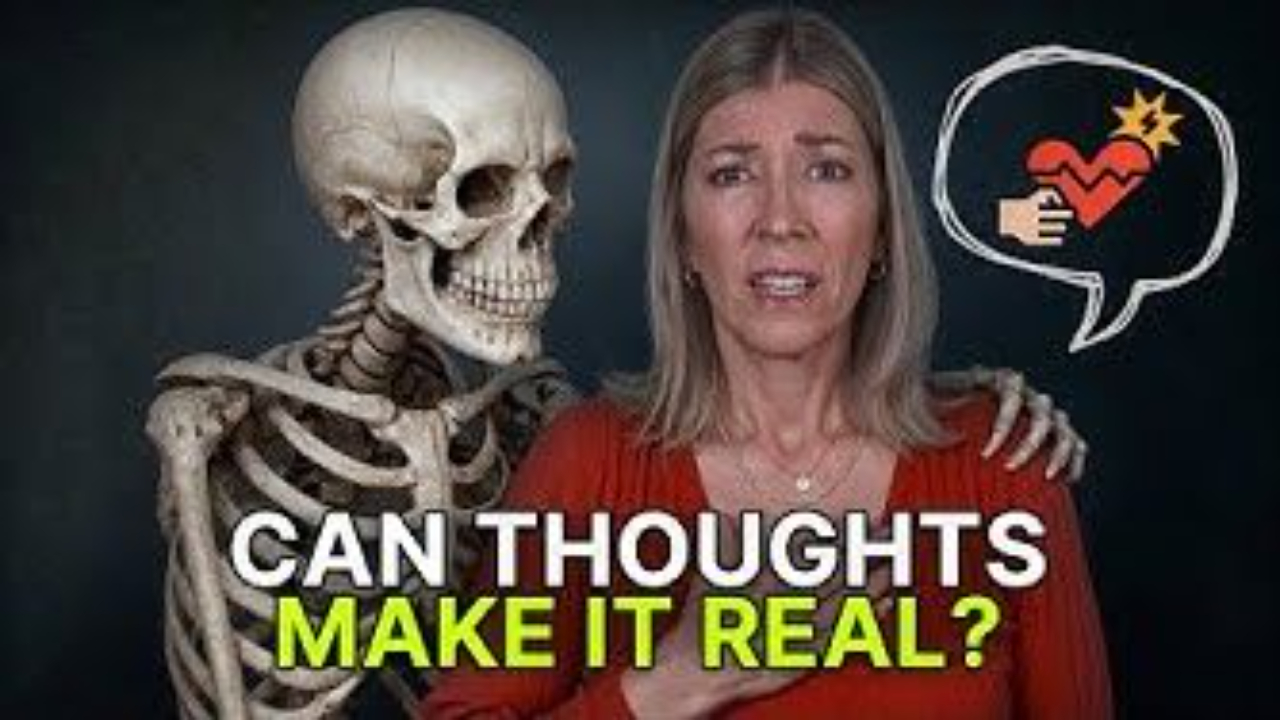
The Mind-Body Connection: How Exercise Boosts Mental Health
In today's fast-paced world, where stress and anxiety seem to be constant companions, finding effective ways to improve our mental health is crucial. One powerful and often overlooked tool in our mental health toolkit is exercise. In this blog post, we'll delve into the fascinating mind-body connection and how simply moving your body can have a profound impact on your mental well-being. Whether you're a fitness enthusiast or a couch potato, understanding this connection can motivate you to incorporate regular exercise into your daily routine.
The Mind-Body Connection: A Brief Overview
The relationship between our physical and mental well-being is more intertwined than you might think. When we're feeling down or anxious, our bodies often respond in kind. Depressed individuals tend to move slowly, while those experiencing anxiety may feel overwhelmed by frantic, restless movements. This intricate dance between our mental and physical states underscores the importance of maintaining a harmonious balance between the two.
Exercise: A Natural Mood Booster
The good news is that exercise can be a game-changer in promoting mental health. Research has consistently shown that regular physical activity can be as effective as medication or psychotherapy in reducing depression and improving mood. When someone is struggling with depression, one of the initial strategies is to get them moving. It might sound counterintuitive, but the act of moving the body can kickstart a positive chain reaction in the mind.
How Does Exercise Work Its Magic?
Exercise is not just about shedding calories and building muscles; it also has a direct impact on brain chemistry. When we engage in physical activity, our brains release endorphins, often referred to as "feel-good" hormones. These endorphins act as natural mood elevators, helping to lower anxiety and lift our spirits. Moreover, exercise reduces the levels of stress hormones like adrenaline and cortisol, which are often responsible for heightened anxiety.
The Power of Meditative Movement
While hitting the gym or going for a jog can be fantastic for your mental health, you don't have to be a fitness fanatic to reap the benefits. Meditative movement practices like yoga, Tai Chi, and Qi Gong offer a unique blend of physical activity and mindfulness. These practices have been shown to alleviate depression, reduce anxiety, and improve overall mood. The combination of movement and mindfulness creates a serene space for the mind to heal and rejuvenate.

Nothing is worse than feeling unsafe in your body, like you are a victim of your fear and not in control. You have come to the right place. Learn how to take back your freedom from high anxiety, bodily sensations and panic.
Synchronized Movement and Self-Esteem
Recent research by Joanne Lumsden and her colleagues has unveiled yet another fascinating aspect of the mind-body connection. Synchronized movement, such as dancing or participating in group exercise classes, can significantly boost self-esteem. This finding highlights the social aspect of physical activity, which can further enhance our mental well-being.
Harnessing the Mind-Body Connection
Incorporating exercise into your daily routine isn't just about looking better; it's about feeling better, both mentally and physically. Whether you prefer a meditative walk, an intense gym session, or the grace of yoga, remember that every movement you make is a step towards improving your mood and overall mental health. The mind-body connection is a powerful ally in our journey towards a happier, healthier life. In our next blog post, we'll explore another essential aspect of well-being: gratitude. Stay tuned to learn how practicing gratitude can further enhance your mental and emotional state.
Let's Keep in Touch
Subscribe to My Newsletter
We hate SPAM. We will never sell your information, for any reason.







